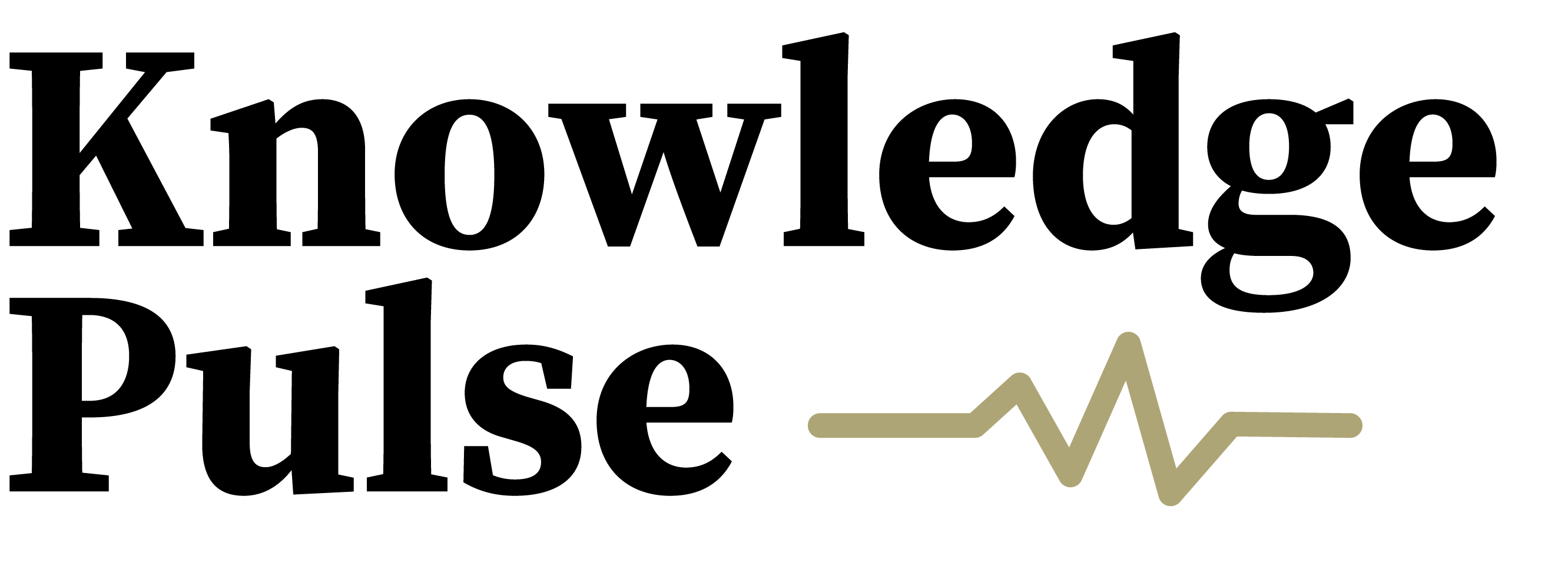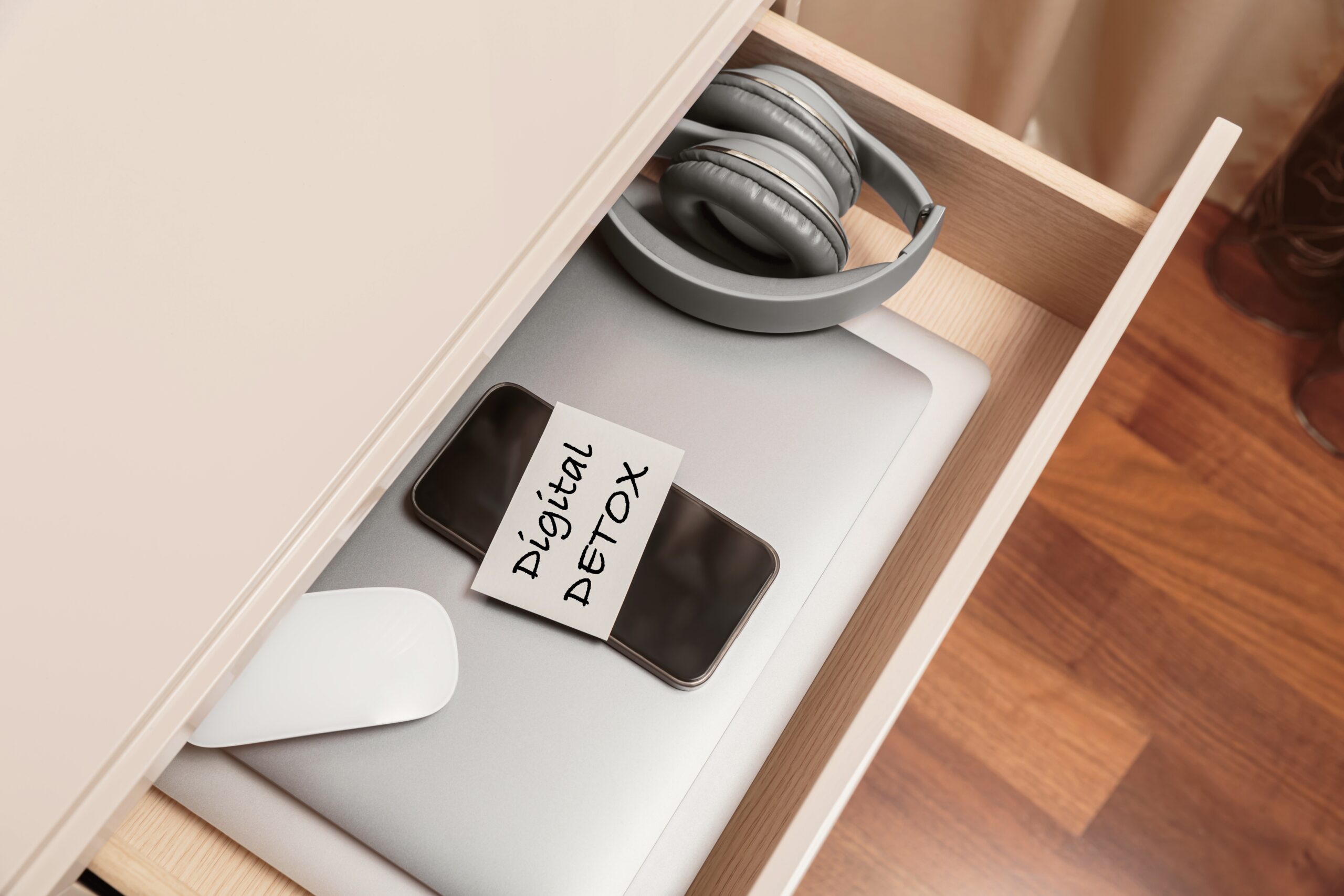Executive Summary
In today’s digital age, constant connectivity has become the norm. While technology provides convenience, it also fuels stress, anxiety, and mental exhaustion. Studies show that excessive screen time, social media overuse, and the pressure to be always available contribute to higher stress levels, reduced focus, and emotional burnout. This article explores how being online affects mental health, the psychological mechanisms behind digital overwhelm, and practical strategies to reclaim mental balance in an always-on world.
Table of Contents
- Introduction: The Link Between Constant Connectivity and Mental Health
- The Science Behind Digital Stress and Anxiety
- How Social Media Contributes to Overwhelm
- The Role of Information Overload in Mental Fatigue
- The Fear of Missing Out (FOMO) and Its Psychological Toll
- Digital Burnout: Signs and Symptoms
- How to Reduce Digital Stress: Practical Strategies
- The Benefits of a Digital Detox
- Finding Balance: Healthy Digital Habits for Mental Well-being
- Conclusion: Reclaiming Your Mental Space
1. Introduction: The Link Between Constant Connectivity and Mental Health
We wake up to notifications, spend hours scrolling through social media, and check emails late into the night. The expectation to always be online leads to chronic stress and mental exhaustion.
Key Statistics:
✔ The average person spends 7 hours per day in front of a screen.
✔ 70% of adults report feeling mentally drained by digital consumption.
✔ Constant online engagement disrupts sleep, increases anxiety, and weakens attention span.
2. The Science Behind Digital Stress and Anxiety
How the Online World Affects the Brain:
✔ Dopamine-driven habits – Social media and notifications create addictive loops.
✔ Cortisol spikes – Constant alerts increase stress hormone levels.
✔ Cognitive overload – Multitasking online reduces focus and productivity.
Table: Digital Triggers and Their Psychological Effects
| Digital Habit | Mental Health Effect |
|---|---|
| Checking emails constantly | Increased stress and difficulty unplugging |
| Multitasking with digital tools | Reduced cognitive efficiency |
| Social media comparison | Lower self-esteem and increased anxiety |
Key Takeaway: Our brains are not wired for constant digital stimulation, leading to mental exhaustion and heightened stress levels.
3. How Social Media Contributes to Overwhelm
Social media is designed to keep users engaged, but this often comes at a psychological cost.
Negative Effects of Social Media Overuse:
✔ Comparison culture – Seeing curated highlights of others’ lives can lower self-esteem.
✔ Instant gratification loops – Likes and comments trigger dopamine, creating dependency.
✔ Fear of missing out (FOMO) – The need to stay updated fuels anxiety.
Reality Check: Excessive social media use is linked to higher rates of anxiety and depression, particularly among young adults.
4. The Role of Information Overload in Mental Fatigue
The digital world bombards us with an overwhelming amount of information, making it difficult to process and retain key details.
How Information Overload Affects the Mind:
✔ Decision fatigue – Too many choices lead to mental exhaustion.
✔ Reduced attention span – Continuous scrolling weakens focus.
✔ Inability to switch off – The brain stays in a constant state of alertness.
Key Takeaway: Filtering information and setting boundaries can help reduce overwhelm and improve focus.
5. The Fear of Missing Out (FOMO) and Its Psychological Toll
FOMO is a major contributor to digital anxiety. The pressure to stay connected at all times can lead to:
✔ Increased stress – Feeling the need to always be “in the know.”
✔ Reduced satisfaction – Constant comparison makes people feel like they’re missing out.
✔ Compulsive behaviour – The urge to check social media frequently disrupts daily life.
Solution: Practicing mindfulness and digital minimalism can help break the FOMO cycle.
6. Digital Burnout: Signs and Symptoms
When digital exposure becomes overwhelming, it leads to burnout—a state of mental, emotional, and physical exhaustion.
Signs of Digital Burnout:
✔ Constant fatigue despite getting enough sleep.
✔ Irritability and mood swings after online interactions.
✔ Difficulty focusing on non-digital tasks.
✔ Increased anxiety or stress when disconnected.
Key Takeaway: Recognising the signs early allows you to implement healthier digital habits before burnout worsens.
7. How to Reduce Digital Stress: Practical Strategies
Step-by-Step Guide:
✔ Limit screen time – Set boundaries on daily usage.
✔ Turn off non-essential notifications – Reduce distractions.
✔ Create tech-free zones – Keep devices out of bedrooms and mealtime areas.
✔ Engage in offline activities – Replace screen time with hobbies, exercise, or meditation.
Key Takeaway: Small digital habit changes lead to significant stress reduction.
8. The Benefits of a Digital Detox
Taking a break from technology, even temporarily, can restore mental clarity and emotional balance.
Benefits of a Digital Detox:
✔ Lower stress and anxiety levels.
✔ Improved focus and productivity.
✔ Better sleep and emotional well-being.
✔ Stronger real-life social connections.
Reality Check: Even a 24-hour digital detox can significantly lower stress levels.
9. Finding Balance: Healthy Digital Habits for Mental Well-being
Rather than eliminating technology completely, the goal is to use it more mindfully.
Sustainable Digital Well-being Strategies:
✔ Set daily screen time limits.
✔ Use social media with intention rather than out of habit.
✔ Take regular breaks from screens.
✔ Prioritise in-person interactions over digital ones.
Key Takeaway: Mindful digital use enhances well-being, while excessive use diminishes it.
10. Conclusion: Reclaiming Your Mental Space
While technology has transformed the way we live, excessive online engagement can lead to stress, anxiety, and mental fatigue. By understanding the psychological effects of constant connectivity and implementing healthier digital habits, we can reclaim our mental well-being.
Final Thought:
If you feel overwhelmed by the digital world, start small—reduce screen time by 30 minutes a day, turn off notifications, and prioritise real-life experiences. Your mind will thank you.








